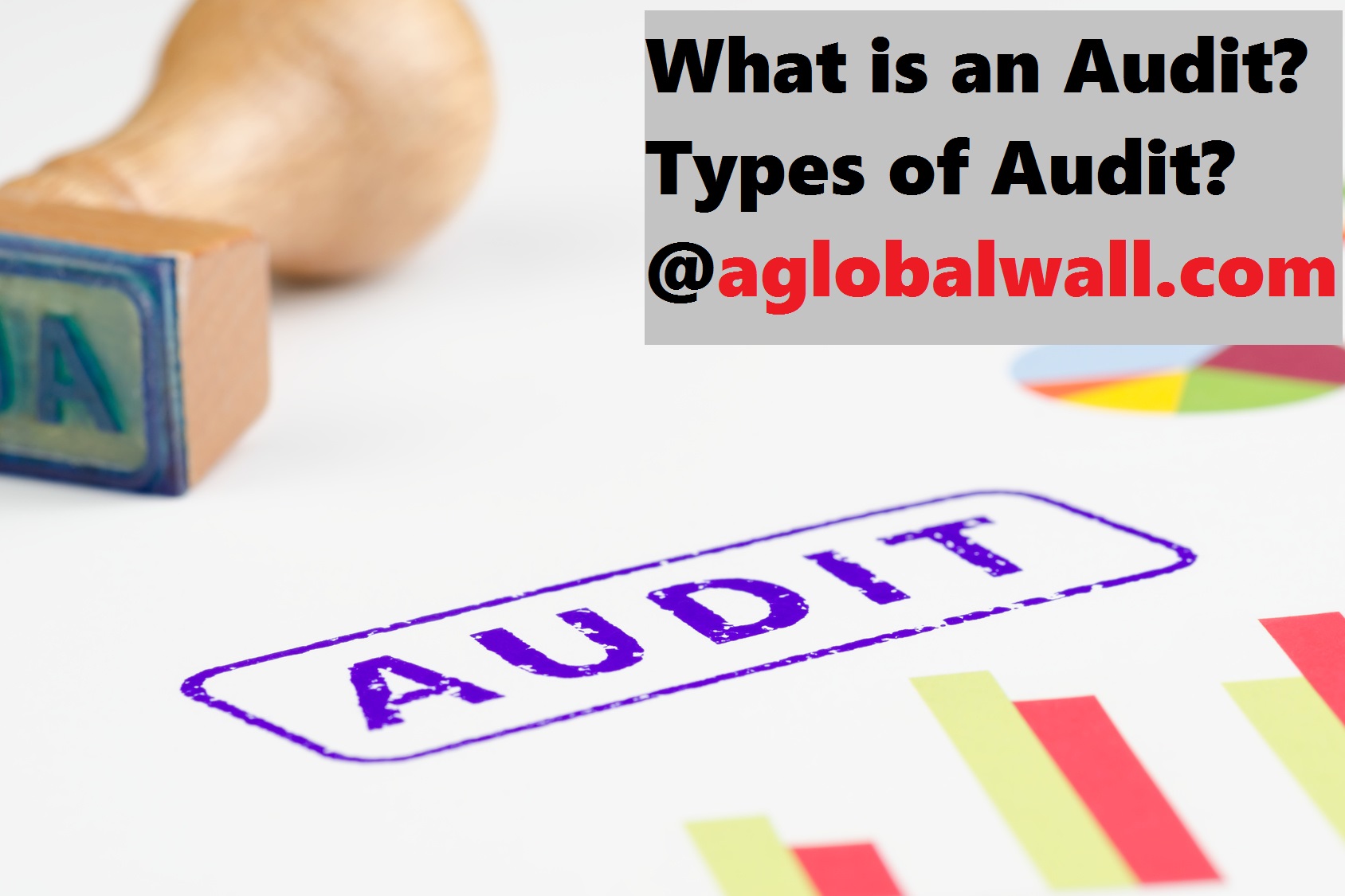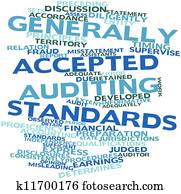


In addition to GAAS, generally accepted government auditing standards (GAGAS) apply to certain audits of the financial statements, primarily of those federal, state and local governments and their agencies and others that receive and expend in one reporting year federal assistance funds in excess of a statutory minimum.

Along with FASB standards, all of these are considered authoritative when applicable and part of GAAP. Specialized accounting standards for state and local governments, however are set by GASB, while those applicable to the federal government and its agencies by the Federal Accounting Standards Advisory Board (FASAB). For nongovernmental entities, GAAP is governed principally by FASB, and GAAS by either the AICPA’s Auditing Standards Board (ASB) or the PCAOB. accounting and auditing standards are applicable to the financial statements of governmental entities and certain other entities that are significantly funded through government assistance.
DEFINE GENERALLY ACCEPTED AUDITING STANDARDS PROFESSIONAL
This article attempts to identify, address, and clarify these areas of confusion so that auditors can better apply professional judgment to resolve them.ĭistinctly different sets of U.S. But due to inconsistencies, vagaries, and controversies inherent to, or omitted from, the professional standards and nonauthoritative literature, it is understandable why auditors have historically been confused about how and which of these specialized standards are to be applied in various circumstances. Most of these (65%) are members of the AICPA’s Governmental Audit Quality Center (GAQC), a voluntary membership center that serves as a comprehensive resource for governmental auditors. An estimated 3,000 audit practice units in the United States engage in state and local governmental audits.


 0 kommentar(er)
0 kommentar(er)
